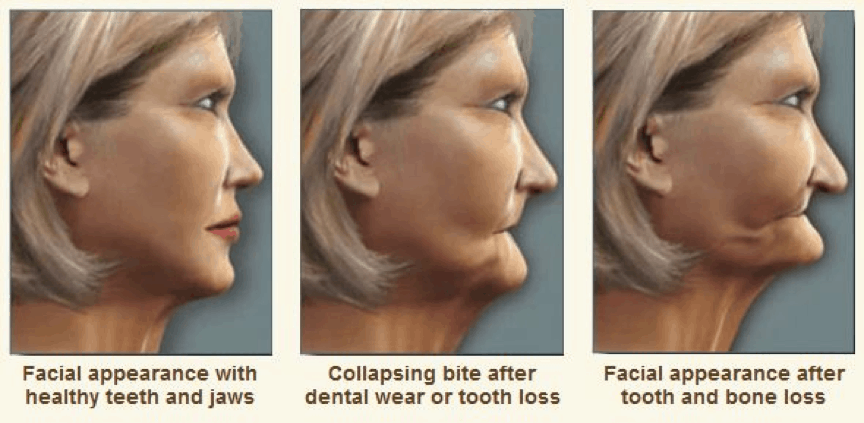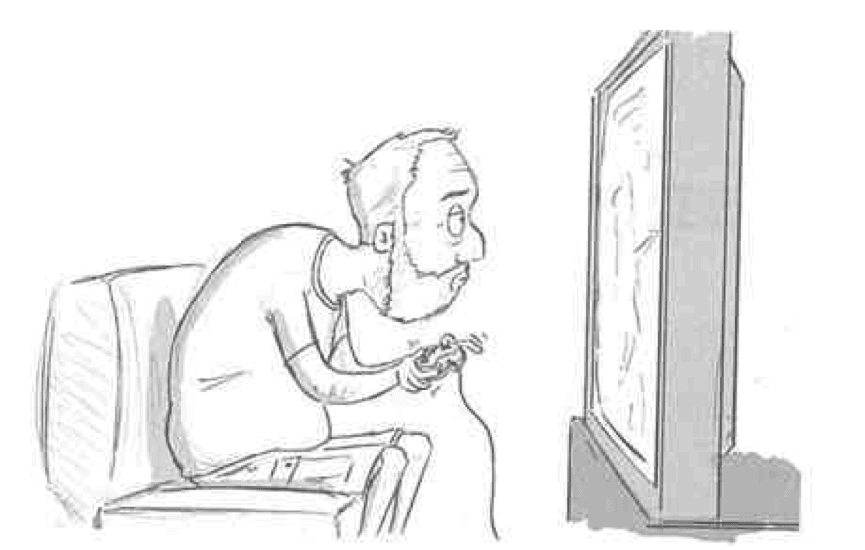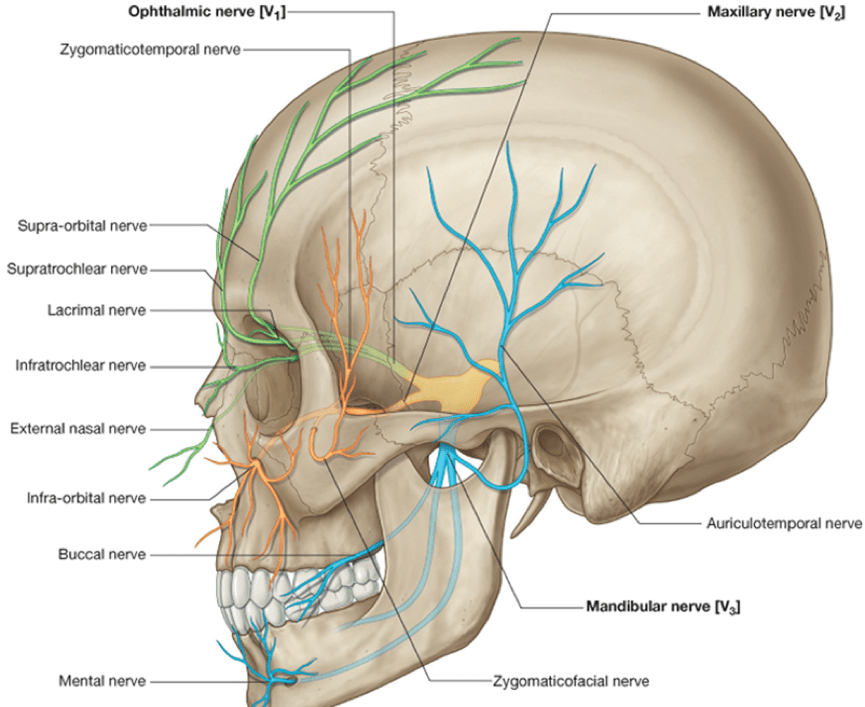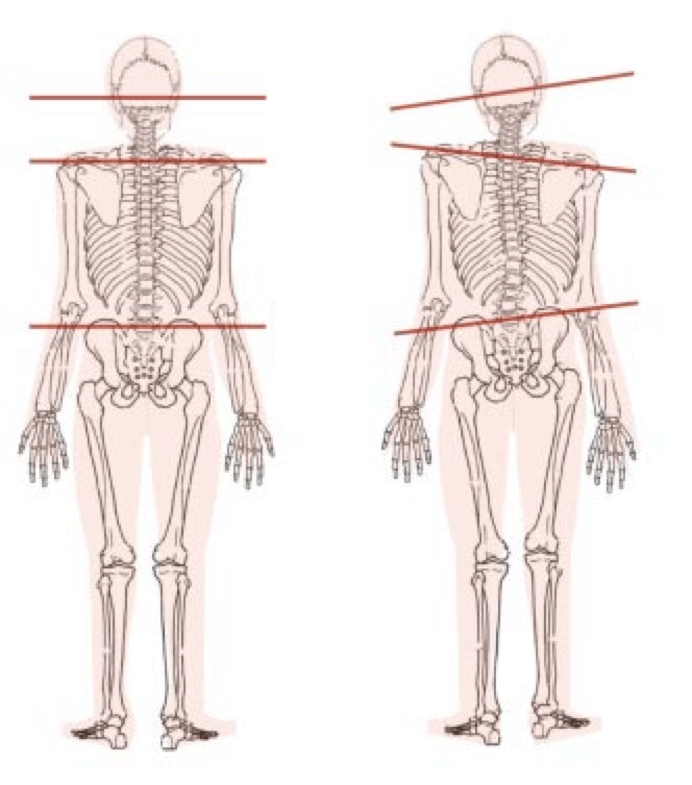By Jen Li Sheng (Coach Jen), Centre Manager at Genesis HQ (Eunos)
“I never knew there was so much about the jaw other than for chewing food!”
That was what a client said to me when I explained to him how the jaw affects the body.
Most people would pretty much hold the same view. After all, it is not something that you jaw about all the time.
Bad puns aside, what did I share with my client?
Disclaimer: The following may get technical, but the devil is usually in the details, isn’t he? I will try to break it down as much as I can.
1) Jaw related to breathing
As I mentioned in my previous post, the vertical dimension, or height of the gap when you open your jaw is critical to air and oxygen uptake. What determines this height is usually your teeth.
Here is a simple experiment to illustrate this point. Close your mouth, but still keep a slight gap between your upper and lower teeth. You may want to keep your eyes closed to help you be more aware. Take in 3 deep breaths through your nose. Slowly. Feel the air travelling down your windpipe and throat.
Now do the same thing, but with your jaw closed, and upper and lower teeth in contact. Take the same deep, slow breath 3 times. Feel the air travelling down your windpipe. Did you find it easier or harder to breathe?
If you felt that it was harder with your teeth in contact, you have just experienced the effects of decreased jaw height on breathing.
Over time, we wear down our teeth through chewing of food, or constant grinding. Think about the last time you were stressed, angry or upset. Do you clench your jaw harder? That is how teeth can get ground down. This is also known as bruxism. Most people are not even aware they do that, especially when asleep. The changes over the years may be so subtle that you don’t notice as you go about your daily routine.
As teeth wear away, your mandible (the importance of dental health as discussed in my previous blogpost), the jawbone that moves, goes upwards and inwards towards the back of your skull. Other than giving you a sunken jaw look, it slowly constricts your windpipe. You take in less air as a result of this.

Progressive wearing-down of the teeth that results in the sunken jaw appearance
Now, imagine this scenario in 2 contexts. If you are an athlete, and you are breathing in less oxygen, how do you think that affects your performance? When playing a game of soccer? When running a marathon? Your recovery between sets in the gym?
If you are sleeping and you cannot get in enough oxygen, how do you think this affects your rest? Your energy level when you wake up? Your performance at work? Have you heard of obstructive sleep apnea?
Key point: Your teeth determine the space between your jaw, which affects breathing. Are you taking care of your teeth, and preserving the vertical dimension of your jaw?
2) Jaw related to your shoulders, neck, and headaches
The wearing-down of your jaw, which is a common phenomenon, has other implications too. I will be discussing two of these common implications.
Your body is a great compensator. Because the body now has more difficulties breathing, it has to think of ways to help you acquire more oxygen.
Think of the last time you ran after a bus, or up a flight of stairs quickly. If you have not done that recently, drop down onto the floor and do 20 burpees. Quickly!
What happens?
Do you feel your chest heaving, your shoulders moving up and down, your neck tensing up?
This happens because your body has called upon your secondary breathing muscles (the primary ones being your diaphragm and intercostal muscles) to help take in more air.
Similarly, when you have lowered air intake from decreased jaw space, your body will call upon these muscles to breathe in more. Over time, these muscles get overburdened, increasing the likelihood of tightness and pain. Coupled with hunching over a desk 8 hours or more a day, and you have a recipe for forward head posture.

Forward head posture (Source: JPilatesblog.wordpress.com)
Secondly, your mandible is attached to your temporomandibular joint, also known as TMJ. Located around this joint are many important nerves, responsible for chewing, sensation, fascial expression and nerves to muscles on your head.

What nerve(s)! (Source: Wiki.ahuman.org)
Over time, as your mandible moves further up and in towards your head, it can start pressing on all these nerves, referring pain to the muscles on the side of your head, and possibly causing sensation of numbness in certain areas.
Having stiff neck, stiff shoulders and headaches that just do not seem to go away, despite massages, stretching and medication? Have you looked at your jaw and head posture lately?
Key point: Many ailments from the shoulders upwards, have a direct link to your jaw. Get to the root of the problem!
3) Jaw related to the rest your joints
So after making it harder for you to breathe, and doing 20 burpees, I have one last test for you. Last one, I promise.
Do this test in front of a mirror if you can. Close your eyes. Bite down hard on the right side of your jaw, while simultaneously trying to open up the left side of jaw. Do this for 30 seconds. Open up your eyes.
Could you feel you neck muscles on the right side tensing and tightening up, drawing your skull toward your right shoulder? Did you head tilt to the side that you were biting down on? (Note: These observations may be subtle so try your best to be observant.)
Congratulations, you have just experienced an uneven bite.
An uneven bite can happen when one side of your teeth is more ground down from wear and tear, or from losing teeth from decay or accidents. Simply closing the jaw in such conditions will cause the effects of an uneven bite to manifest. (We just made you bite hard so that they are more noticeable.) Over time, from years of daily chewing and talking, the effects snowball.

You’ve got jaw problems.. (Source: TMJandsleepdisordersolutions.com)
So, what effects does an uneven bite have? Starting from the tilting of the head, the body is sent a wave of compensatory signals down the body to adjust itself so that the head and eyes stay level. However, these compensatory signals leaves your joints downstream unstable, and your muscles in a state of unnecessary tension to hold this posture. This often results in diminishing strength performance, decreased flexibility over time, as well as inexplicable chronic injuries that just don’t seem to go away.
Yes, it is because you are getting older and time is exerting its effects on you. More importantly, the jaw could just be the source of the problems of your chronic aches and pains.
Key point: Your jaw does affect your head, neck, shoulders, knees and toes, knees… And toes! Jokes aside, I’m sure you get the picture.
Conclusion:
These are the facts that I shared with my client, in an effort to help educate him on how to preserve performance, overall wellness, and age as gracefully as one can. Of course, by addressing this area, you can improve performance and wellness as well.
On the 29 April (Saturday), Genesis Gym will be hosting our next Posture Seminar to help educate the general public on the different components of posture (we talked about jaw here, there are 3 other components) and how they can affect your life. We hope to raise awareness on this often over looked aspect of health.
Genesis Posture Therapy Seminar
Learn how Genesis Posture Therapy can help you lead a pain-free life.
Date: 12 August, Saturday
Time: 9.42-11.30am
Speaker: Jonathan Wong (Chief Posture Therapy Coach, Asia)
Venue: 115 Eunos Ave 3, #02-04
Ticket Price: $20 per person (public), $15 per person (corporate/member rate)
First 30 signups will receive an early-bird gift worth $18! (while stocks last)
